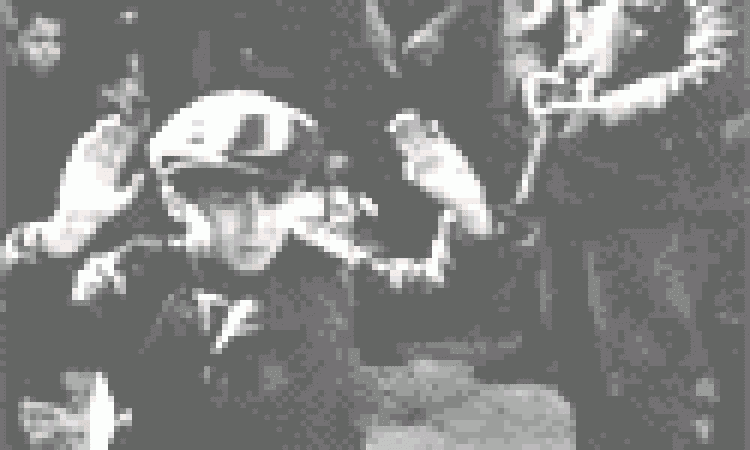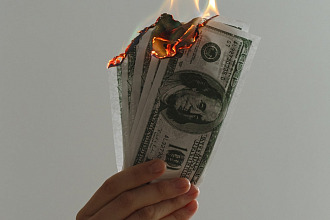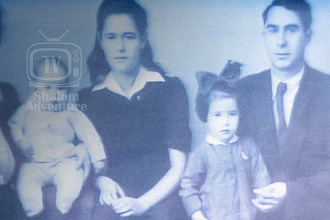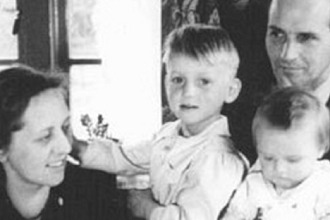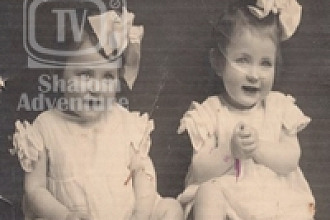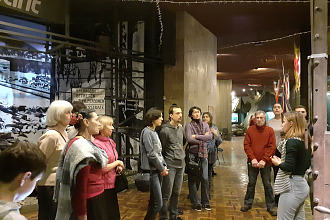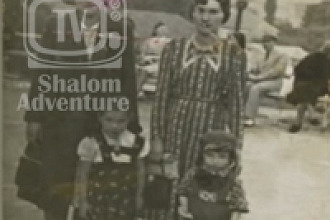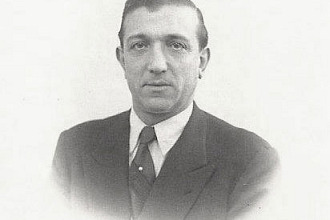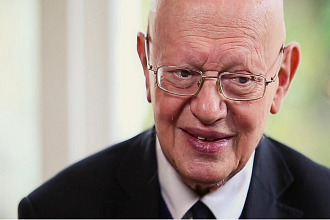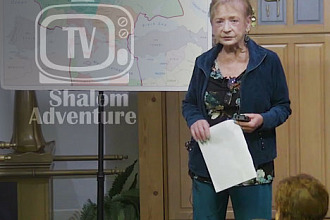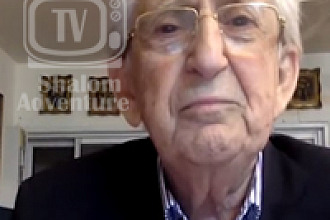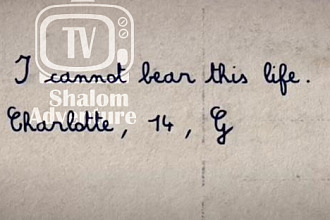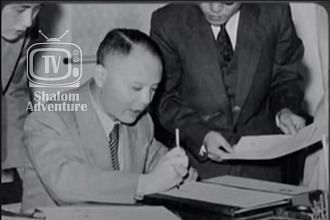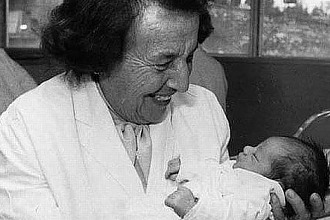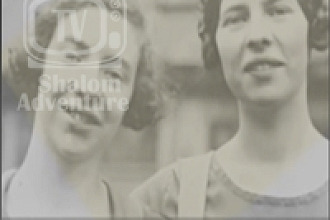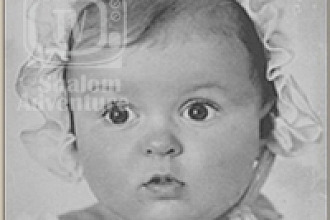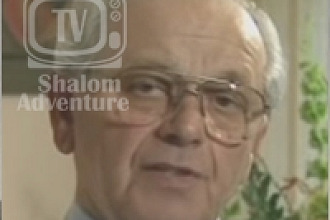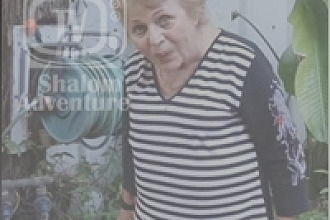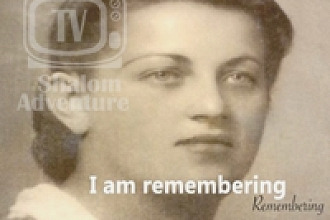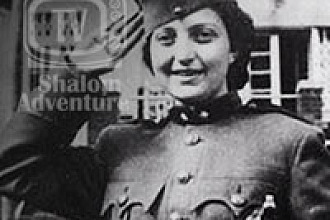The Holocaust has a notorious past in which the idea and the act of genocide, as well as the word itself, came into clear view. Soon after, the crime of genocide was written into international law. It now also has a formidable presence in the books of twentieth century history and in the consciousness of many different groups of people in monuments and memorials around the world; in the voices of survivors; in works of literature, film, and the other arts, in national and corporate payments of restitution.
For unlike it's past and present, the future of Holocaust depends on decisions yet to be made and which will be based on the views of everyone who wants to act on them. As the Holocaust did not have to happen when or as it did, so its future is also open: at one extreme, the possibility of its disappearing under a cloak of silence; at the other extreme, of its constant, even obsessive recitation; and with numerous possibilities between these two. The crucial issue in judging the future of the Holocaust is not whether the Holocaust was the first occurrence of genocide (it probably was not) or whether it was in any other sense "unique" (again, probably not).
Whatever else can or cannot be claimed for it, however, the Holocaust remains a clear and full instance of genocide. It is underscored in this appearance by its origin in a country widely known for its cultural and social achievements.Projected from this background, the Holocaust's future revolves around one basic premise: that since the Holocaust could have occurred elsewhere with other agents or victims (or not at all), it may also reappear in the future. More briefly: Since the Holocaust happened once, it can happen twice. This prospect for the Holocaust marks the future of human history.
One of the many lessons to be learned from the Holocaust is that there can be no room for racism in our society and rather than fear differences, we should try to respect each other and our ethnic, cultural, religious and sexual differences. Helen Strahinich, in her book The Holocaust: Understanding and Remembering reminds us of the role we can play as individuals in making moral choices. There are hundreds of books and documentaries describing the terrors of the Holocaust and the many factors that made it possible.
These factors include widespread respectability of "race science" and "race hygiene"; elimination of a democracy and its replacement with totalitarianism; prolonged war throughout the world; a long history of anti–Semitism in Europe; economic hardship; poor knowledge of events in foreign lands; and the far–reaching consequences of hate and prejudice. It is imperative that we recognize similar warning signs in today's society, and that we apply the lessons learned from the Holocaust to our everyday lives.
Another lesson is that taking action against prejudice does make a difference. There are amazing stories of individuals (Jewish and non–Jewish) who risked their lives to save and protect the Jews during WWII. Rescuers hid Jews in their basements and attics, forged false identification papers, and even transported Jews across borders to save as many as possible from the Nazi death camps. During the Holocaust, fighting prejudice was not limited to individuals; whole towns worked together to protect their Jewish neighbors and friends. In Le Chambon–sur–Lignon, France, the villagers united and succeeded in rescuing many Jews.
The Dutch village of Niuvelande also united in support of their Jewish neighbors, hiding at least one Jew in every household. Another remarkable rescue story is that of Denmark. Danish citizens stood together against the Nazis and evacuated many Jews to the safety of Sweden. They found safety in numbers and the Nazis did not take revenge. The stories of these courageous rescuers demonstrate the tremendous power of unity. We must learn to work together and take advantage of this power to achieve our goals.
Perhaps one of the most important lessons we can learn from the Holocaust is that the best time to speak out against bigotry is before the forces of hate grow strong. "Indifference is the real evil. All that is needed for evil to flourish is for good people to do nothing."
Posted on Shalom Adventure by: Brenda Miller
Originally found here
Picture originally found here

